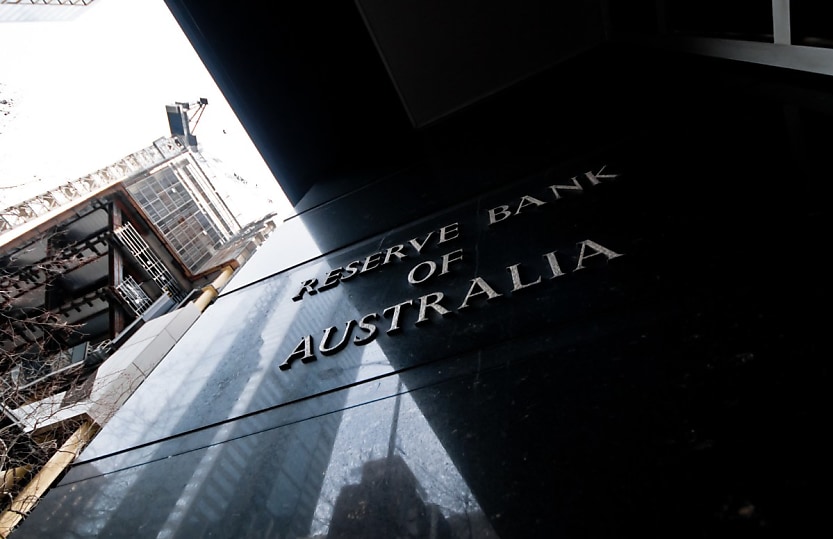RBA tipped to raise interest rates to 4.6%

The Reserve Bank is expected to make further increases in the cash rate in both the July and August meetings, according to a major bank.
With the RBA squarely focused on returning inflation to target by 2025, NAB has predicted the RBA will make further increases in the cash rate in coming months to ensure inflation settles back in the 2–3 per cent target band.
NAB Group Economics said it now believes the cash rate will rise to 4.6 per cent and remain well into restrictive territory until mid-2024 when the RBA begins to ease back towards neutral.
“Previously, we have seen the RBA treading carefully in an attempt to hold onto labour market gains and not unnecessarily risk a material downturn,” NAB in its forward view released yesterday.
“However, inflation remains well above the target band, and significant uncertainty remains around the passthrough of any easing in prices globally as well as how much further (and how sticky) services inflation rises.”
In the minutes from its June monetary policy meeting, the RBA Board noted that while headline inflation had continued to decline as energy prices fell and food price inflation eased, core inflation had remained sticky and shown little sign of easing.
Services inflation, which is the primary source of inflationary pressures across advanced economies, has continued at a high rate.
“This partly reflected strong wages growth, which remained above rates consistent with inflation targets in many economies,” the RBA minutes stated.
“This, in combination with subdued growth in labour productivity, had resulted in a rapid rise in unit labour costs over the preceding year.”
The RBA said this had implications for Australia, given the high degree of commonality in inflation experience globally since the pandemic.
“While central banks in advanced economies expected inflation to return to target, most do not see this as likely to occur in the coming year,” it said.
Higher interest rates increasingly impacting households
The impact of higher interest rates and inflation on household budgets is increasingly evident, NAB said.
The Q1 National accounts indicated that discretionary consumption fell 1 per cent – the first quarterly fall in the discretionary category since the lockdowns of 2021 – including a 2.5 per cent fall in household goods.
The accounts also showed that the household savings rate fell further to 3.7 per cent – below its pre-pandemic levels.
“Higher interest costs are weighing on disposable income, while inflation and the resilience of underlying demand have ensured that the nominal amount of consumption has continued to grow, squeezing the residual that households can save in aggregate.”
The RBA also acknowledged in its minutes that economic activity had slowed since mid-2022 as the post-pandemic recovery in spending fades and the substantial tightening in monetary policy works its way through the economy.
There is growing evidence that household consumption growth had been subdued in the first half of 2023 with retail volumes declining in the March quarter, despite strong population growth, and liaison with retailers suggesting that conditions had softened further in the June quarter.
Gradual easing of inflation expected for June quarter
The RBA is expecting a gradual easing in inflation for the June quarter.
While the monthly CPI indicator for headline inflation was slightly higher than expected for the year to April, this was partly due to the timing of price changes for volatile items, and growth in the indicator excluding volatile items.
The RBA said it would be closely watching the data released on services prices inflation over the coming months.
NAB expects the quarterly pace of inflation to ease gradually as well but said it would be highly dependent on how goods disinflation is passed through and the extent to which domestic services pressures continue to build.
The bank expects inflation will moderate to around 4 per cent by the end of 2023 and 3 per cent by the end of 2024.
About the author

